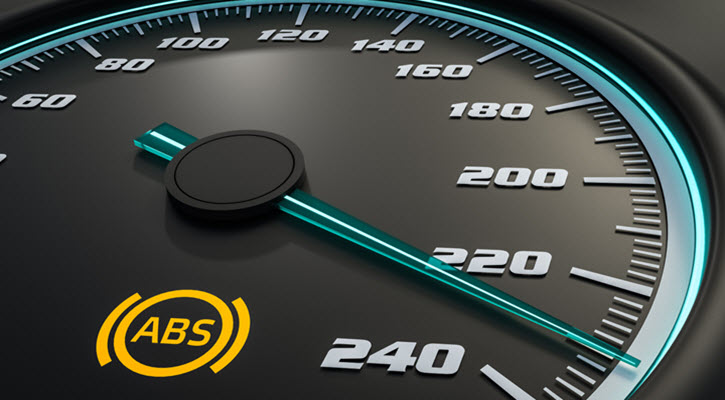Whenever you drive your BMW, you are not just traveling. You are experiencing innovative technology. To ensure complete safety and convenience, an antilock braking system is designed to cater to emergencies. It is one of the helpful and sophisticated features that enhances the driving experience. With BMW’s ABS, you will have the peace of mind that you will be having a safe and secure journey. If you want to know more about your car’s ABS, continue ready.
What Is an ABS (Antilock Braking System)?
While ABS (Anti-lock Braking System) is BMW’s backup agent for situations with the bragger demand your car gets, it will help you drive safer and more confidently. An advanced safety feature that uses the brakes to lock up the wheels when engaging in extremely braking maneuvers. Suppose you are driving, and all of a sudden, the road gets unpaved for a very short distance, and you have to reduce your speed to 50 kph. Without ABS, braking means reduced traction because the wheels will lock up, and the car will go into dangerous skidding – you will no longer be able to steer it. Here’s where ABS comes to the rescue.
The next moment, it is there, like a well-drilled co-pilot, braking with the force of the strongest brakes in the shortest time. This ultra-fast pulsation supplies the wheels with two or three revolutions after the brake is hard enough applied, resulting in a car you can still steer till you get going exactly the way you want the car to be. This is your BMW’s way of saving you by getting you rid of any obstacle without you losing control of the drive. In essence, ABS has the effect of preventing an already existing bad scenario from becoming even worse; hence it is an essential feature for the purpose of ensuring road safety.
How Does ABS Work?
Every RAD in your BMW is connected to a sensor that captures the movement of each wheel. In hard braking, this sensor is in motion and is tracking the velocity of the wheel at all times in order to detect any sudden deceleration and locking up of the wheel. When these sensors pick up such a situation, the ABS control module, which is in charge of the whole thing, immediately records it and then sets the braking force in a few seconds. It does that by periodically lifting and pressing the pads a few times a second, thus fading off any lockup. The three tires in contact with the ground are constantly changing, which maintains just enough traction to keep the wheels rolling. It’s like your car smartens up and has its sense of reflexes prepared to react in a fraction of a second. This way, it keeps on the roll, so you can safely avoid unexpected mishaps.
Causes Of ABS Failure
Faulty Wheel Speed Sensors
The hallmark of the ABS operation is the wheel speed sensors, which determine the rotational speed of all wheels and provide the data to the ABS control module. The damaged or faulty sensor can mislead the signals, and the ABS will not function properly. No wonder sensors may end in failure due to excessive accumulation of dirt, damage from rocks, and many years of operation. In such a scenario, it is always better to consult a European auto repair shop to fix it immediately.
ABS Module Failure
The ABS module, in other words, is the brain of the system. It receives the information from the sensors and then uses the information to decide when and how much to apply the brake pressure, which is one of its main tasks. In case the module faces a power outage, corrosion of the system, or software defects, they can directly lead to the poor performance of ABS.
Low Brake Fluid Levels
The front brake system is a hydraulic system, so it uses fluid to apply a certain amount of pressure to the brakes. Brake fluid is an integral part of keeping the braking system working properly. You will not be able to brake efficiently, and your ABS system might malfunction if there is not enough fluid in your brake system.
Blown Fuses
The ABS system is electronically controlled and is made up of fuses that protect the system from abrupt voltage changes. A blown fuse interrupts the power line to the ABS module, leading to an operational glitch. Similarly, this is a step that is very often checked first during the troubleshooting process since it is the easiest thing to do.
Electrical Issues
Busbars, cables, and other electrical components that endure usage, corrosion, or accidental damage can be the cause of such devastation. Such problems can create a temporal system of data suitable for ABS operation, and the malfunction follows.



1 Comment
Pingback: Ride in Style with Motosas: Your Ultimate Destination - Integremos